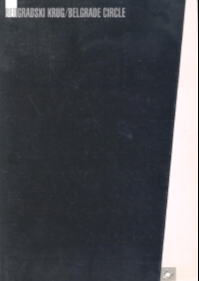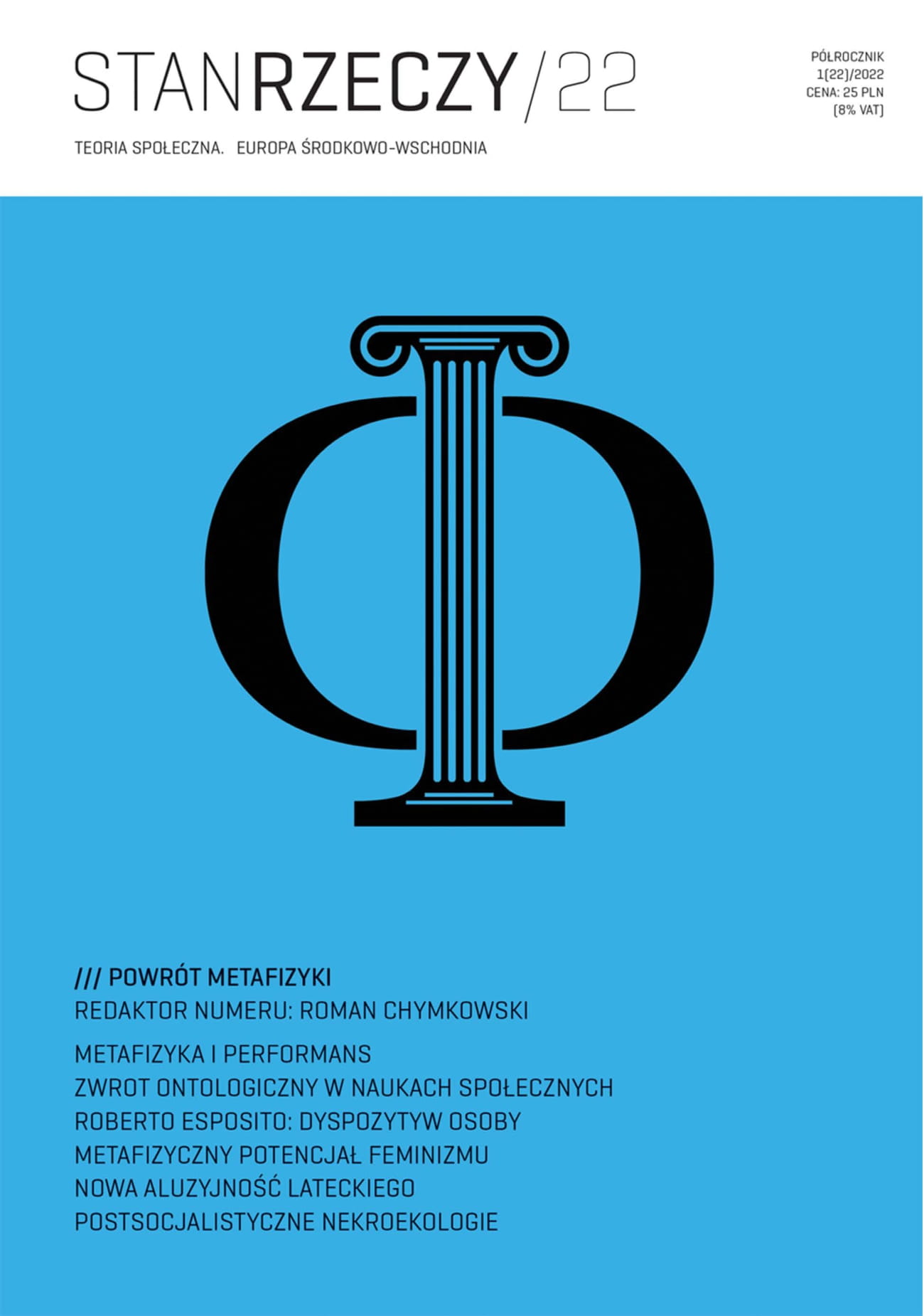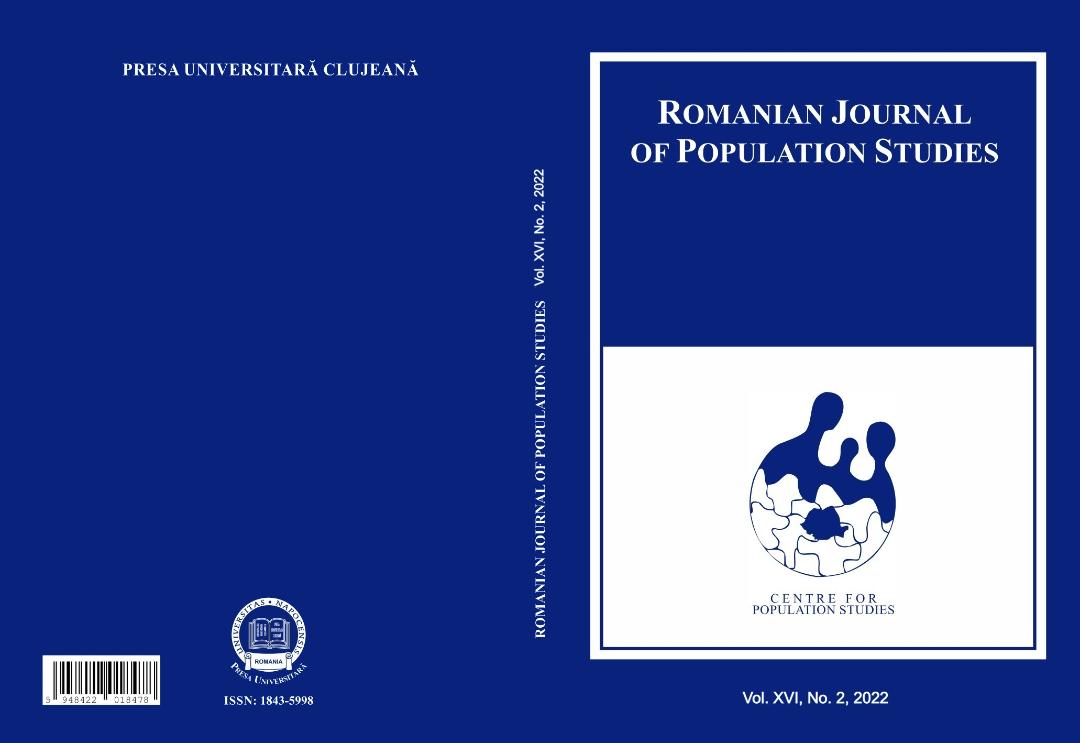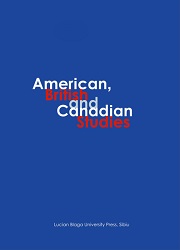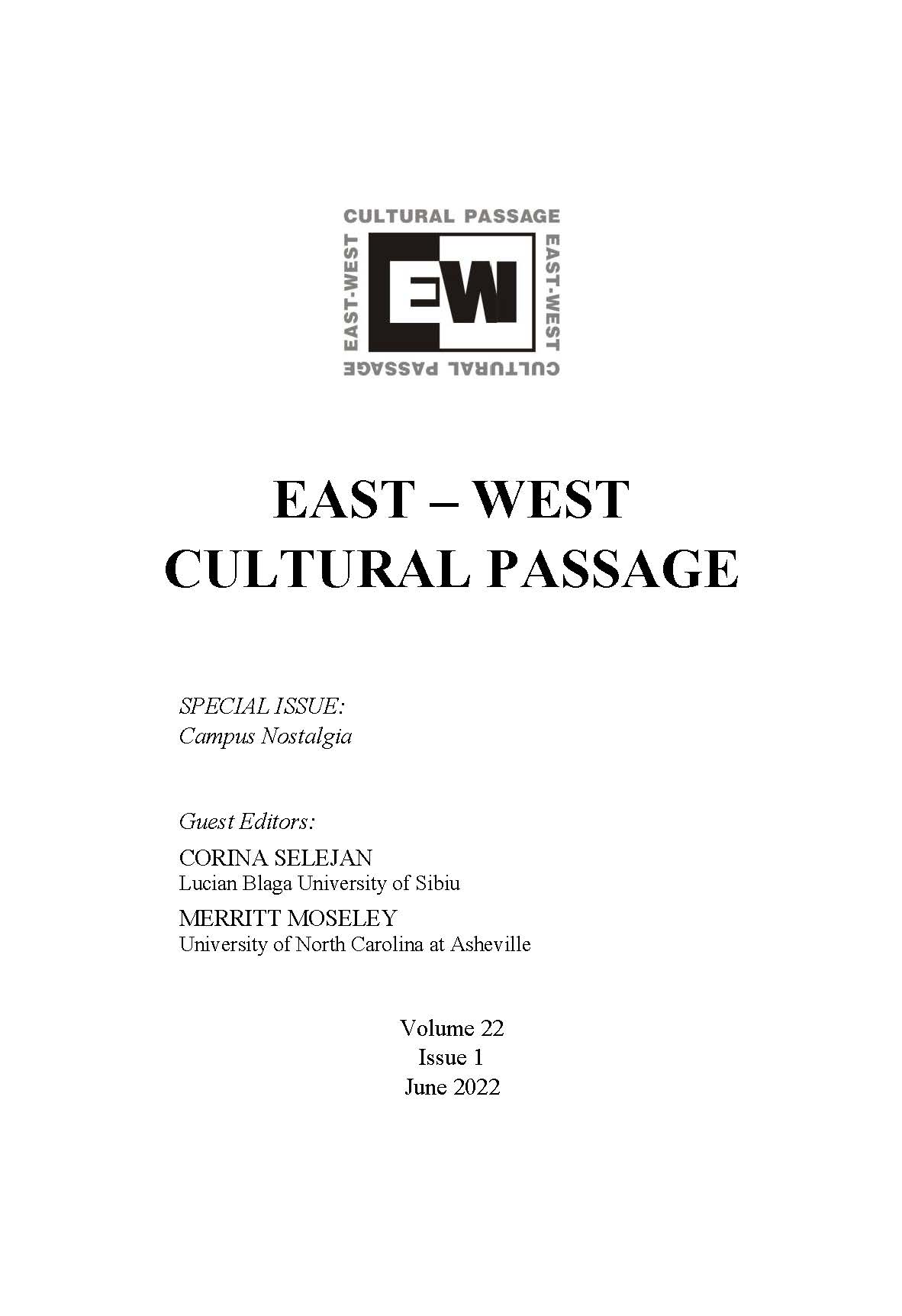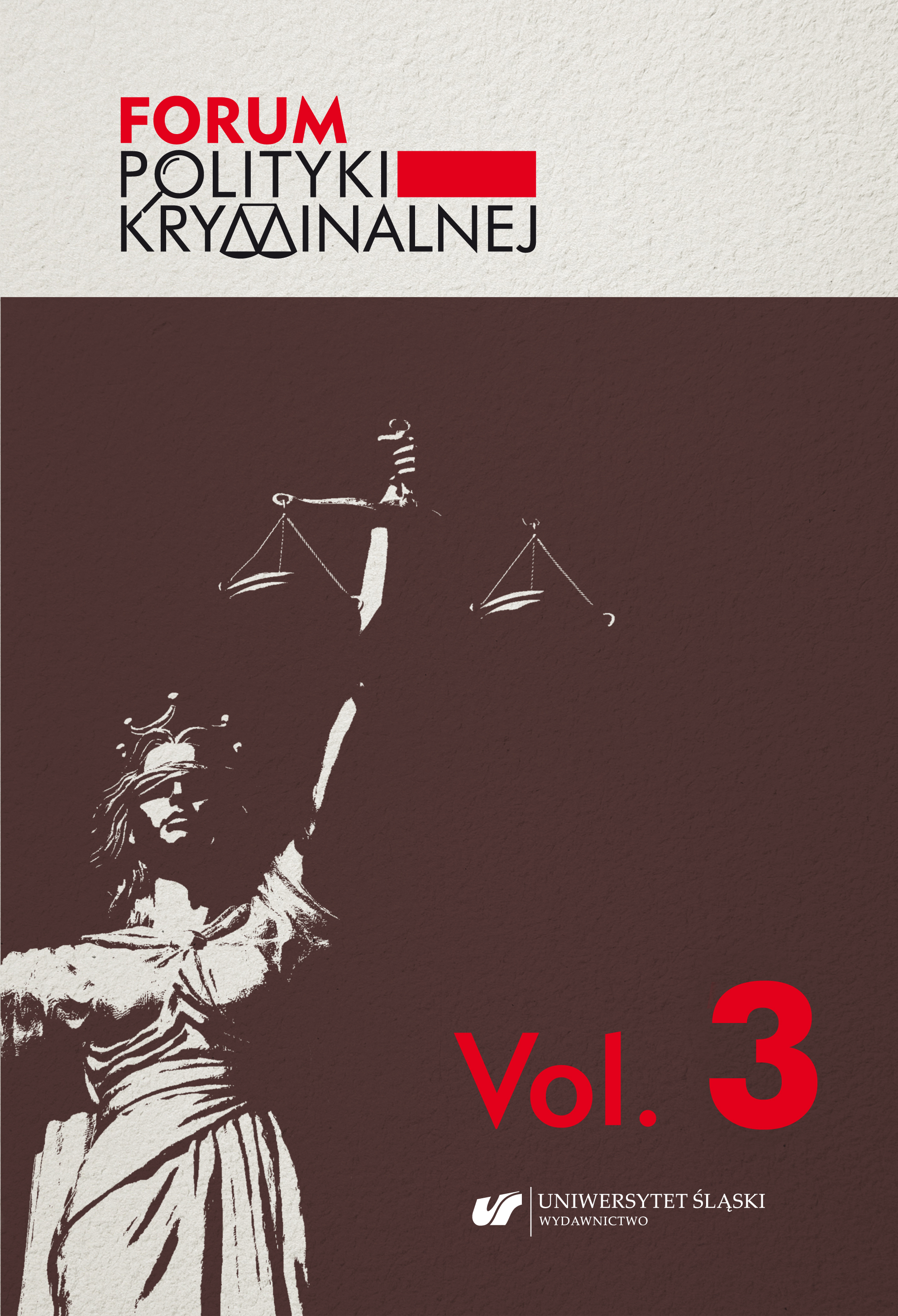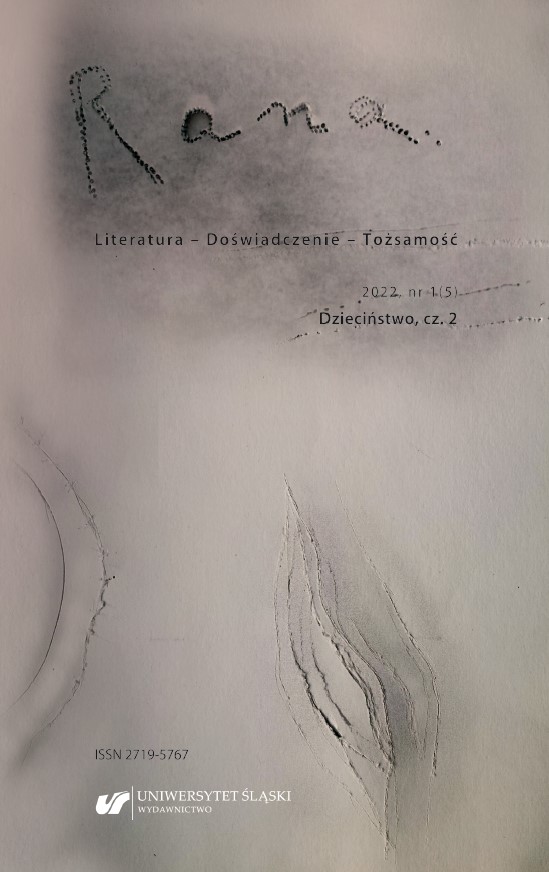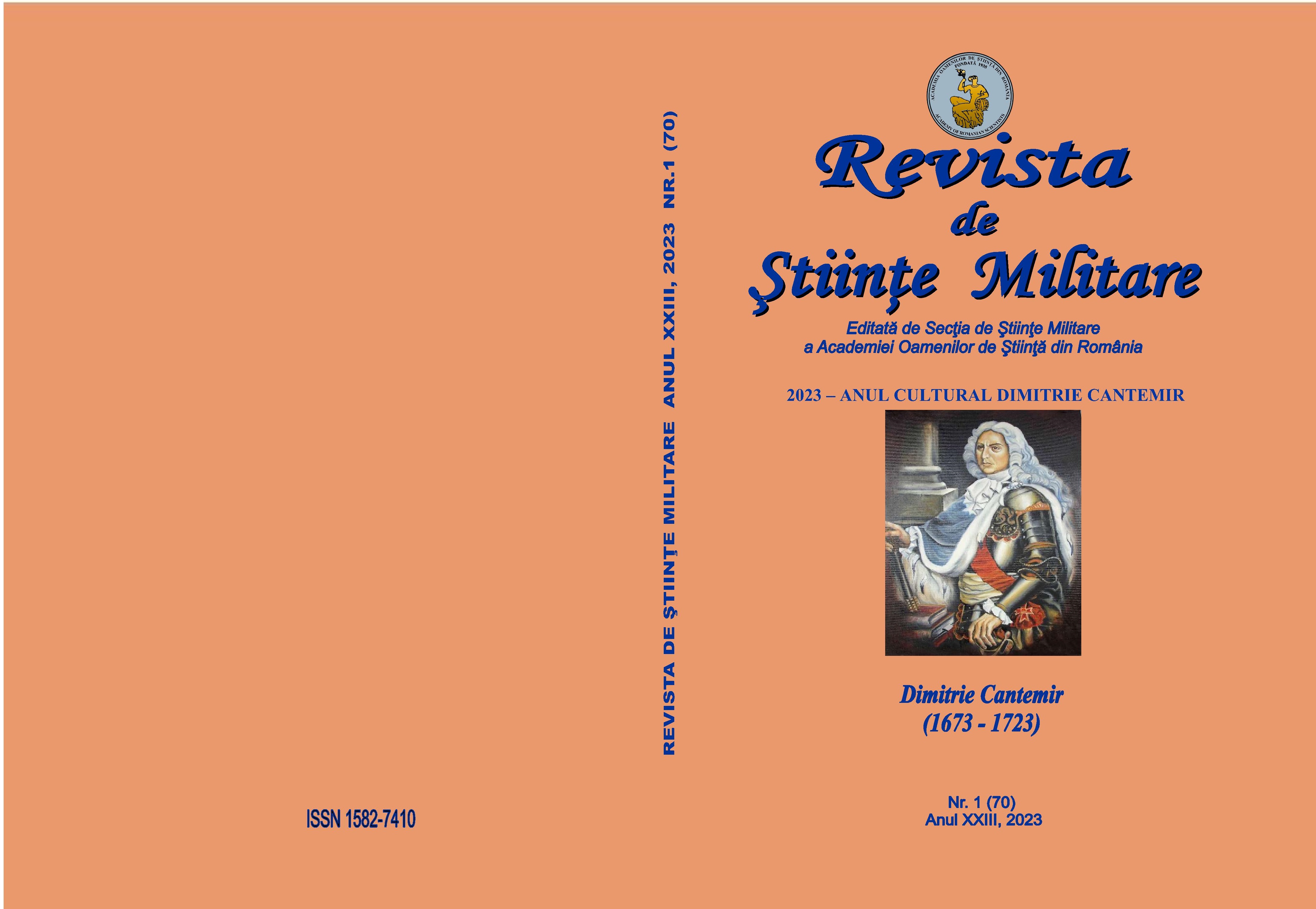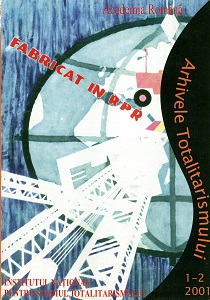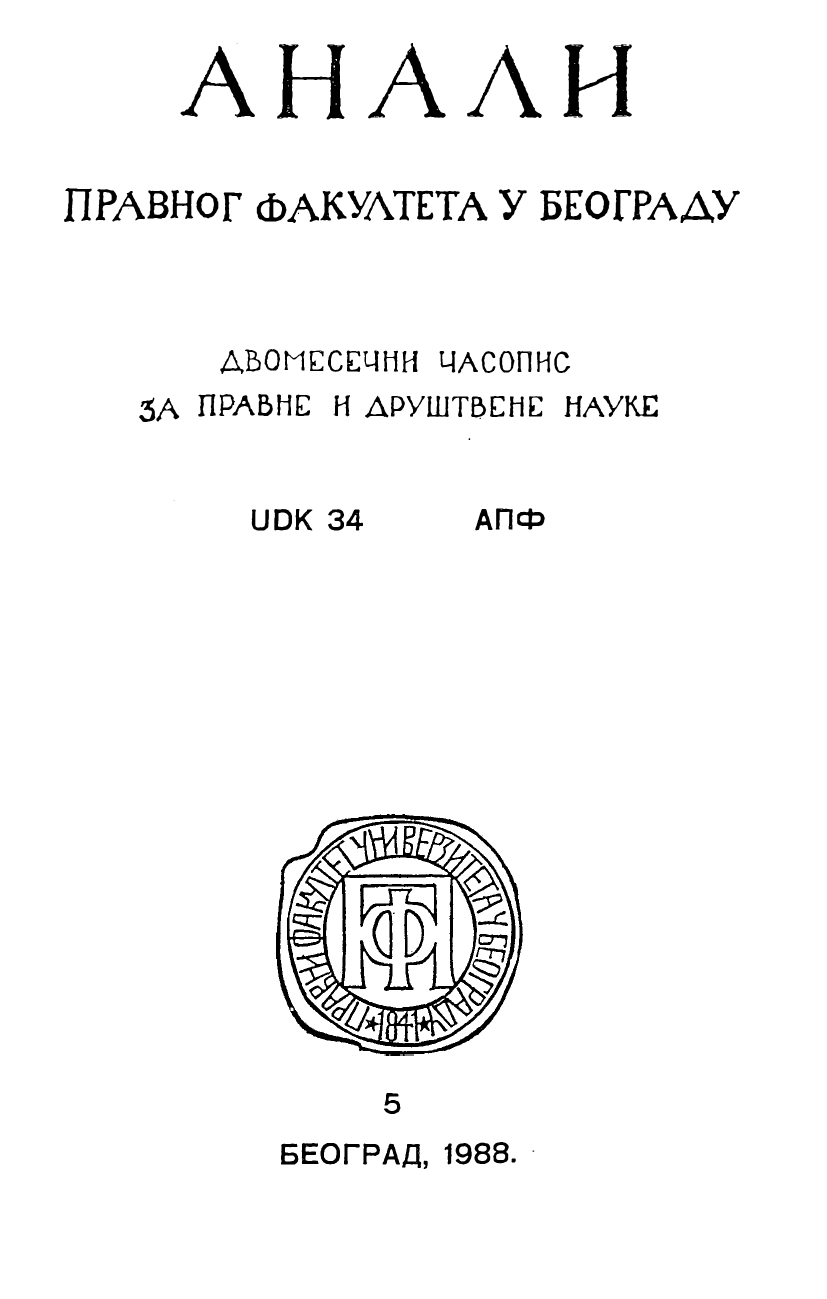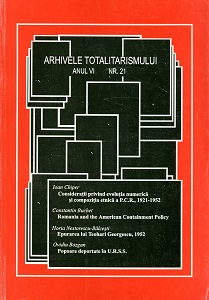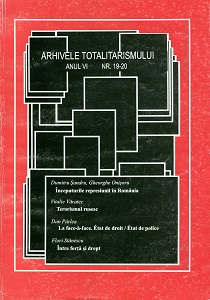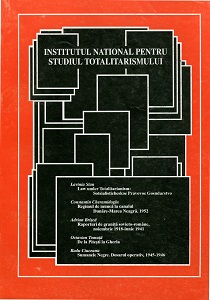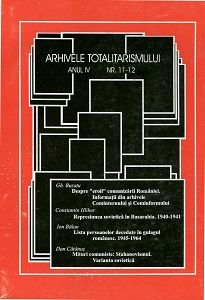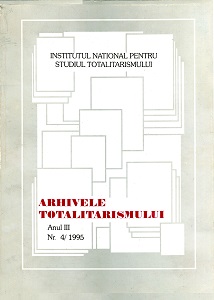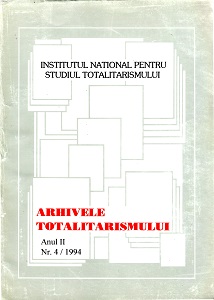Author(s): Paul Caravia,Radu Ciuceanu,Vitalie Văratec,Mircea Stănescu,Alina Tudor,Flori Stănescu,Cătălin Strat / Language(s): Romanian
Issue: 2-3/1996
Reviews of:
1. François Furet, Trecutul unei iluzii. Eseu despre ideea comunistă în secolul XX, traducere de Emanoil Marcu și Vlad Russo, Editura Humanitas, București, 1996.
2. loan Hudiță, Jurnal politic (1 ianuarie - 24 august 1944), studiu introductiv și note de Acad. Dan Berindei, Editura “Roza Vânturilor”, București, 1997.
3. Vadim Ștefan Pirogan, Cu gândul la tine, Basarabia mea. Din mărturiile unui vinovat fără vină, Editura Enciclopedică "Gheorghe Asachi", Chișinău, 1995.
4. Françoise Thom, Sfârșiturile comunismului, prefață de Liviu Antonesei, traducere de Gabriela Gavril, Editura Polirom, lași, 1996.
5. Stelian Bălănescu, Ion Solacolu, Inconsistența miturilor. Cazul Mișcării Legionare, Editura I Polirom, lași, 1995.
6. Doina Jela, Cazul Nichita Dumitru. Încercare de reconstituire a unui proces comunist 29 august -1 septembrie 1952, Editura Humanitas, București, 1995.
7. Memorialul Ororii. Documente ale procesului reeducării din închisorile Pitești, Gherla, coordonat de Silvia Colfescu, Nicolae Henegariu, Angela Dumitru, Cristina Cantacuzino, Editura Vremea, București, 1995.
8. Mărturisitori de după gratii. Slujitori ai Bisericii în temnițele comuniste, coordonat de Paul Caravia, Virgiliu Șt. Constantinescu, Diac Ștefan lloaie, Cuvânt înainte de Î.P.S. Bartolomeu al Clujului, Arhidiecezana Cluj, Cluj-Napoca, 1995.
9. Ion, Rațiu, Moscova sfidează lumea, Editura Signata, Timișoara, 1990.
10. MiIovan Djilas, Întîlniri cu Stalin, Traducere și postfață de I Dorin Gămulescu, Editura Europa, Craiova, f.a.
11. Alarmă în Piața Roșie!, Evenimentele de la Kremlin privite, pas cu pas, prin ochii agențiilor de presă, Vol. I-III, Agenția Națională de presă ÇROMPRES,” București, 1991.
12. Roy Medvedev, Despre Stalin și stalinism, Traducere din limba rusă de Margareta Sipoș, Editura Humanitas, București, 1991.
13. Boris Bajanov, Kremlinul anilor ’20, Memoriile fostului secretar al lui Stalin, Traducere din limba rusă de Mihai Coruț, Editura . Cogito, Oradea, 1991.
14. Alain Besançon, Anatomia unui spectru, Economia politică a socialismului real, Traducere de Mona Antohi și Sorin Antohi, Editura Humanitas, București, 1992.
15. Hélène Carrère d’Encause Triumful națiunilor sau sfârșitul imperiului sovietic, Editura Remember, București, 1993.
16. Roy Medvedev, Oamenii lui Stalin, Traducere, note și glosar de G.G. Potra și Delia Razdolescu, Editura Meridiane, București, 1993.
17. Hélène Carrère d’Encause, Imperiul spulberat. Revolta națiunilor în U. R. S. S., în românește de Alina Ungureanu, Editura Remember - SIC Press Group, 1993.
18. Gerd Ruge, Mihail Gorbaciov Biografie, traducere de Honoria I Pohrib și Magdalena Georgescu, Editura Doina, 1993.
19. Michael Lynch, Stalin și 'N Hrușciov. U.R.S.S. 1924-1964, Traducere de Roxana Aura Duma, Editura ALL, București, 1994.
20. Mihail Gorbaciov, Memorii, Traducere de Radu Pontbriand, Ediție îngrijită, note și anexe de Petre Dan, Editura Nemira, București, 1994
21. Christopher Andrew & Oleg Gordievski, KGß - Istoria secretă a operațiunilor sale de la Lenin la Gorbaciov, Editura ALL, București, 1994.
More...
